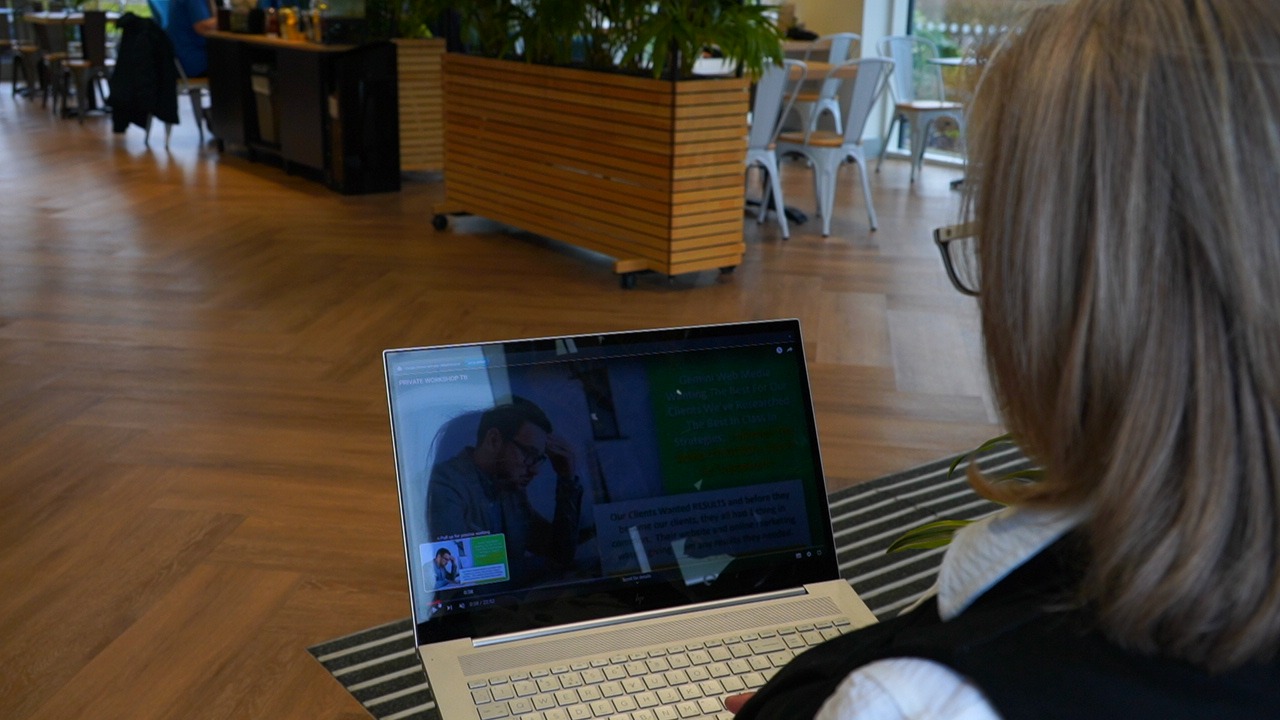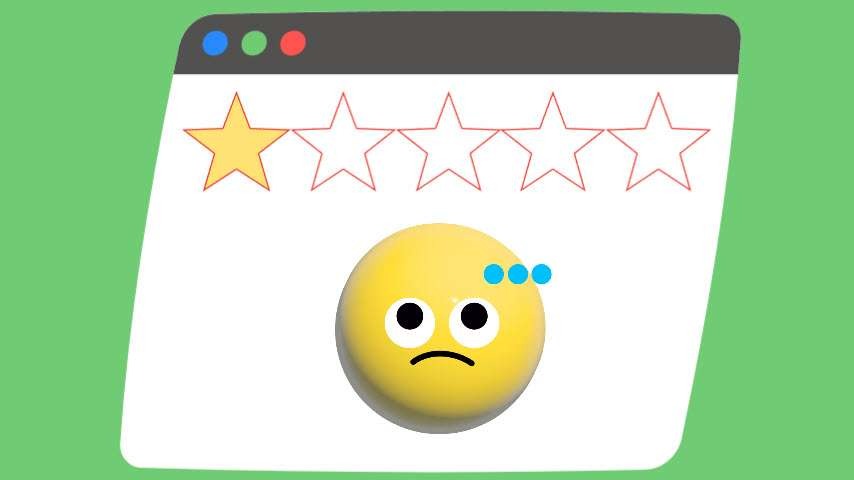Responsibility. It is a word that is used often in business conversations, but too many people treat it like a slogan rather than a standard.
For me, responsibility is not just a word. It is the backbone of everything I do in business. It is about delivering on what you promised, even when it is inconvenient or difficult.
And here is something I have learned over the years:
When it comes to responsibility, listen to what businesses say, but most important, watch what they do.
Talk is easy.
Actions are proof.
What Responsibility Really Means in Business
Responsibility is more than a job description. It is ownership. It is the mindset that says, “If I have said I will do it, I will. No excuses.”
In practical terms, responsibility looks like:
Completing the work to the agreed standard, not halfway, not rushed, but properly done.
Meeting deadlines because your clients, team, and partners are relying on you.
Owning mistakes and fixing them quickly instead of pointing fingers.
Communicating early if a problem might cause a delay.
Keeping your word consistently so people know they can depend on you.
It is easy to say all of this in a meeting or on a website. But again, watch what they do. Responsibility is not proven in a mission statement, it is proven in the follow-through.
Why Responsibility Matters So Much to Me
From the first day I started my business, I made a commitment. If I agree to do something, it will be done.
Over time, I have seen how this principle builds strong client relationships, creates trust within teams, and strengthens our reputation. I have also seen what happens when responsibility is missing. It leads to missed deadlines, frustrated clients, and eventually lost opportunities.
That is why I always keep my eyes not just on what someone says they can do, but on what they actually deliver.
Following the Plan Equals Following the Path to Success
In business, you can spend weeks creating a brilliant strategy. But the plan only works if people follow it.
In our team, once we have agreed on a plan, whether it is for a client project or an internal goal, we stick to it. We do not believe in making a list of tasks just to tick them off for appearance. We believe in completing each one fully so the bigger objective is achieved.
And when you work with other businesses, this principle applies too. They might promise collaboration, quality, or fast delivery. Watch what they do. Do they actually stick to the plan you agreed on? Or do they drift off track and make excuses?
Responsibility in the Day-to-Day
Responsibility is not only about the big goals. It is shown in the daily actions.
It is in:
Responding to an email on time so a project does not stall.
Checking work carefully before sending it to a client.
Keeping your word, even on a small commitment.
If you are looking to partner with another business, pay attention to these small behaviours. They reveal far more than any pitch or proposal. Someone might have all the right words, but again, watch what they do.
Different Perspectives: How Responsibility Shows or Does Not
Over the years, I have worked with many different people. Some take responsibility deeply to heart and see every task as a promise to be kept. Others approach work like it is just another box to tick.
The real difference comes when challenges arise. The responsible ones find solutions and push through. The others give reasons why something could not be done.
When I evaluate potential team members or partners, I do not just listen to their claims. I look at their track record, their habits, and their results. In other words, I watch what they have done, not just what they say they will do.
This is a custom HTML / JavaScript Element
In order To See Your Custom HTML/JavaScript Code in Action You Must Click On The Preview Page Button, Your Code is NOT going to be active in the edit mode
We Do Not Believe in Titles, We Believe in Actions
Our business has kept certain team members for many years, and the reason is simple. We choose people for what they do, not the titles they hold.
A shiny job title means nothing if there is no follow-through. Impressive talk means nothing if the job is not done well. We have let go of people who sounded great but failed to take responsibility, and we have kept people who may not have the flashiest résumé but consistently deliver.
If you want to know if someone is truly responsible, remember to not just hear the promises. Watch the performance.
The Link Between Responsibility and Trust
Trust is the currency of business. Without it, nothing lasts. And responsibility is what earns that trust.
Clients trust you when you deliver consistently.
Colleagues trust you when you meet deadlines without needing constant reminders.
Leaders trust their teams when they see consistent ownership and follow-through.
If you are wondering whether another business is trustworthy, look past their marketing and into their actions. Ask for examples. Look at their reviews. See how they have handled past commitments. In short, watch what they do.
When Responsibility is Missing
I have seen the damage a lack of responsibility can cause.
Projects derailed because a single task was not done.
Clients leaving because promises were broken.
Teams losing morale because they had to cover for someone else’s lack of effort.
In every case, the signs were there early on. Often, the signs came in the form of mismatched words and actions. Someone said all the right things, but their work did not match their promises.
Responsibility and Reputation: The Connection That Cannot Be Ignored
Your reputation is a mirror of your responsibility.

If you deliver on your commitments, people will talk about it. They will recommend you. They will return to work with you again.
If you fail to take responsibility, that will be noticed too. In today’s world, it will be shared publicly in reviews and online discussions.
When assessing another business, I do not just look at their marketing. I look at how they have treated their clients, whether they have met deadlines, and whether they have honoured their agreements. Their actions tell me everything I need to know.
How to Build a Culture of Responsibility
Responsibility is not just an individual trait. It can be built into your team culture. Here is how we do it:
Set clear expectations so everyone knows exactly what is expected and by when.
Lead by example and show your team that you also follow through on commitments.
Communicate openly so it is safe to speak up if there is a problem and it can be solved quickly.
Hold people accountable because without accountability responsibility fades.
Recognise responsibility by acknowledging those who consistently deliver.
When working with other businesses, expect them to show the same. Do not just take their word for it. Watch their process, see if they keep to timelines, and observe whether they own up to mistakes.
Why Responsibility Will Always Be My Non-Negotiable
Trends, tools, and markets change. But responsibility remains timeless.
A responsible team can overcome almost any challenge. An irresponsible one will create challenges where none existed.
That is why I do not choose partners or team members based on talk, titles, or presentation skills. I choose them based on proven actions because actions reveal responsibility more than words ever will.
Final Word: Responsibility Shapes Reputation
If there is one takeaway from my years in business, it is this. Responsibility and reputation are inseparable.
A great product and a strong marketing campaign mean nothing if you cannot deliver on your promises. Consistent responsibility builds a reputation that keeps clients returning and recommending you.
So when you choose who to work with, or when you think about how others see your business, remember:
Listen to what businesses say, but most important, watch what they do.
Do their actions match their words?
Do they take ownership when things get tough?
Do they consistently deliver?
Your responsibility is the foundation your reputation stands on. And in business, reputation is everything.
 Add Row
Add Row  Add
Add 




Write A Comment